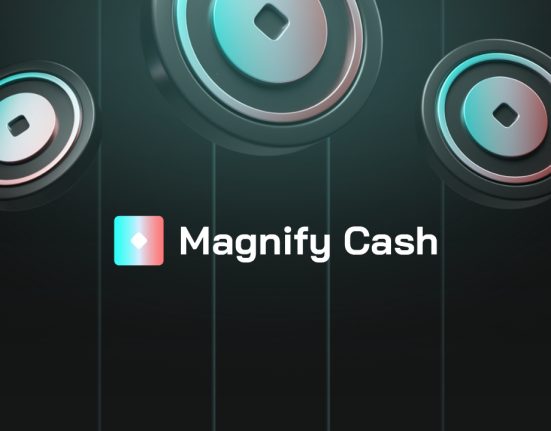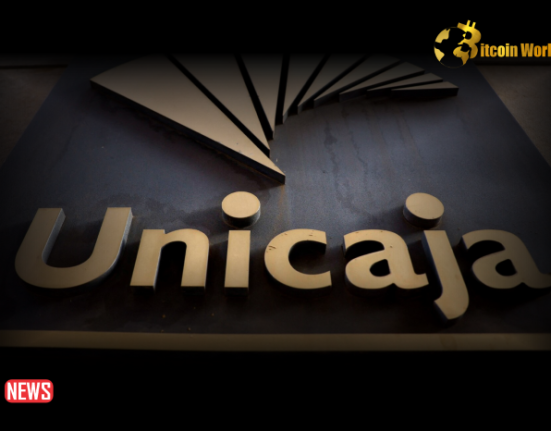
According to Billionaire Stanley, some Crypto-derived ledger systems can replace the U.S. dollar as the world’s reserve currency in the future. As a result, he forecast the possibility of a overtake.
This hedge fund boss noted that if there were to be a U.S. dollar replacement, it would undoubtedly be some ledger system.
Ledger Systems Invention
In addition, he said that some kids from engineering schools like MIT, Stanford, or others had invented the ledger systems, which are capable of replacing the dollar worldwide.
CNBC’s Squawk Box
He commented on an interview with CNBC’s Squawk box. He also noted that Crypto is often promoted as a hedge against inflation. Moreover, this has become more relevant of late. He also said that Crypto was a solution in search of a problem.
Financial Stimulus
He went on to add that the ongoing fiscal stimulus was an issue. But, according to him, the problem has been identified.
Investment
The Druckenmiller reportedly invested in Bitcoin earlier this year. However, he also told Squawk box that it is unlikely for him to believe that other cryptocurrencies will usurp his Bitcoin as the top-of-value asset.
Unseating
He also added that unseating Bitcoin as a store of value is very hard as it is a 14-year-old-brand. However, it’s been around long enough it’s evident that there is a finite supply.














